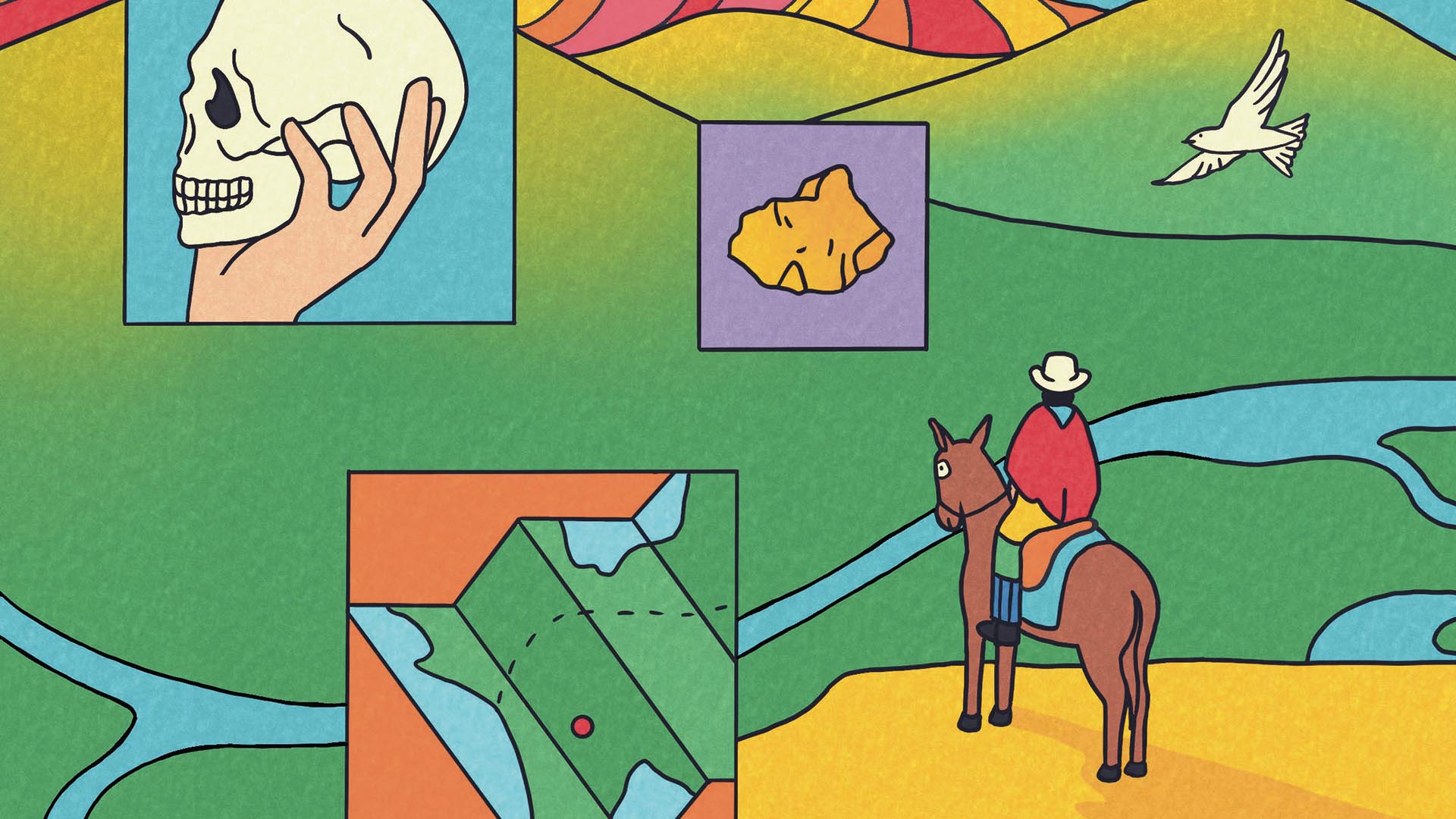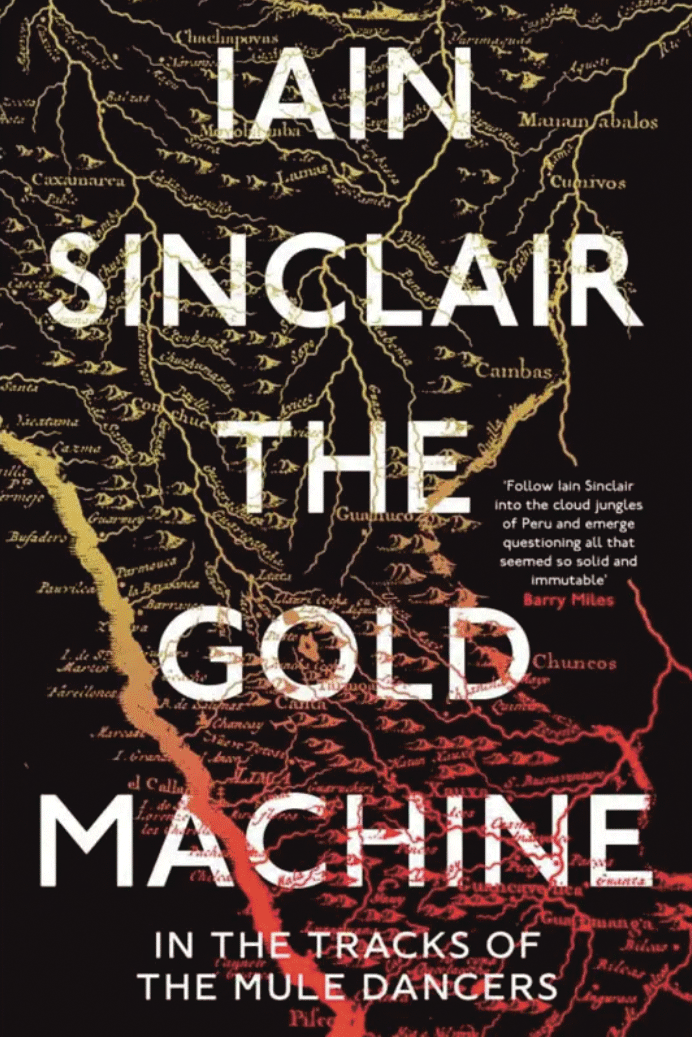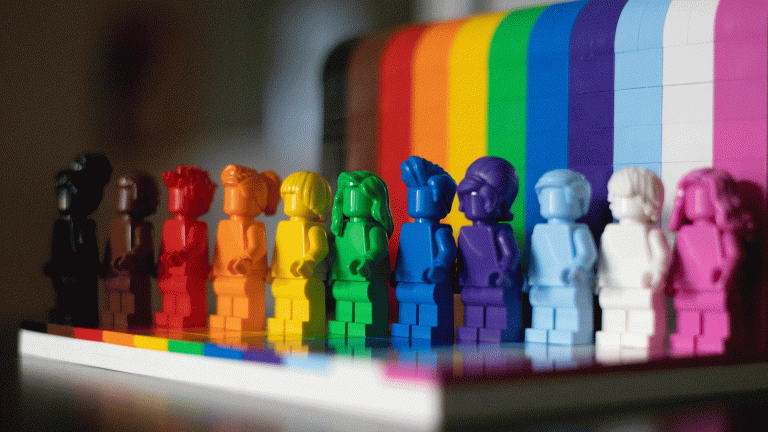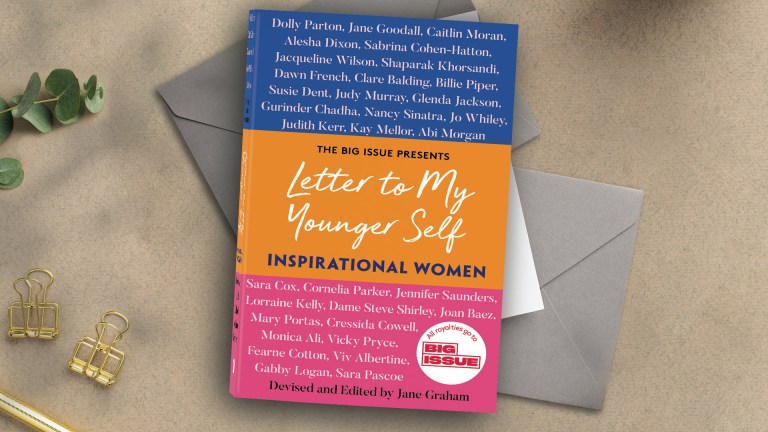The title of my book, The Gold Machine, is borrowed from the poet Charles Olson, a major enthusiasm at the time when I started to think about how it might be possible to write about place. That place being London, specifically Limehouse and the downriver reaches where I worked as a gardener for the parks department. Olson developed a theory of ‘open field’ poetics: all evidence was equally valid and everything could be transmuted into the golden glow of a Homeric epic based around the specifics of life in a Massachusetts fishing port.
“I am the Gold Machine,” Olson wrote, “and now I have trenched out, smeared, occupied.” He was enraged by the wounds, to land and settlers, in the madness of the Californian gold rush. He would turn himself into a “gold machine”, hammering away at the keys of his portable typewriter to become an alchemist of witness.
After many years trying to understand the energies of London, with techniques derived from Olson (among others), I reached the point when I had to step away. Our sprawling, self-devouring metropolis was a conflicted harbour, a point of entry and exit to the world ocean. Meddling my way down the margins of the A13 from Aldgate Pump to Shoeburyness, I drifted, in reverie, back to my childhood and my first engagement with In Tropical Lands, a book my great-grandfather Arthur Sinclair published in 1895. Arthur, a Scottish Highlander and self-educated plantsman, shipped out to Ceylon (Sri Lanka) as a very young man in order to learn about the mysteries of coffee planting. The point of departure was Tilbury, where I paused my own trek at the water’s edge. Arthur also published a brief autobiography, from which I gleaned the outline of the life of a person who wrote much as I did but whose ventures were on a far grander scale.
Arthur left school in “a bleak country district” at the age of 10 and “began his education”. He learned all he could as a market gardener before leaving for Ceylon, where he thrived as a planter. His investments were lost when coffee harvests were devastated. He prospected for gold in Tasmania, but disliked the colonial society he found there. Approaching old age, he made one last shot at recovering his fortune by accepting an invitation to explore land along the banks of the Rio Perené, a tributary of the Amazon. The commission was received from the Peruvian Corporation of London at precisely the moment when Joseph Conrad was in Brussels signing his fated contract to take command of a trading vessel on the Congo.
I skipped through In Tropical Lands, lingering over the enticing photographs: mules cresting the Andes, the skeleton of Pizarro, an Ashanika chief and his young wife. And my great-grandfather squatting with rifle across lap on a flimsy balsa raft. He looked much as I imagined Professor Challenger in Conan Doyle’s The Lost World. And that’s how I took Arthur’s account when I first read it: drunken priests, mules dragged through cloud jungle, fever dreams. Arthur survived and published his story.
Now I had a glimmer of shamanic vision. The Ashaninka people, before the arrival of the white surveyors, swam in a plural stream. To locate an ancestor, a pilgrim must journey to a particular rock or waterfall. Among the cruel consequences of first contact was the imposition of linear time, the exploiter’s curse of “before” and “after”.










